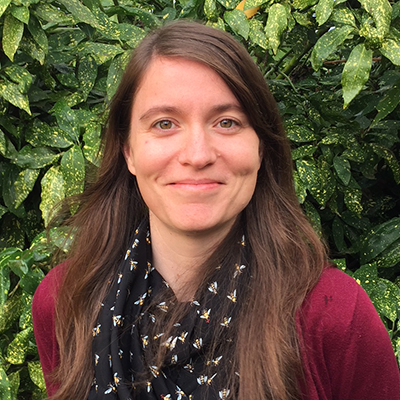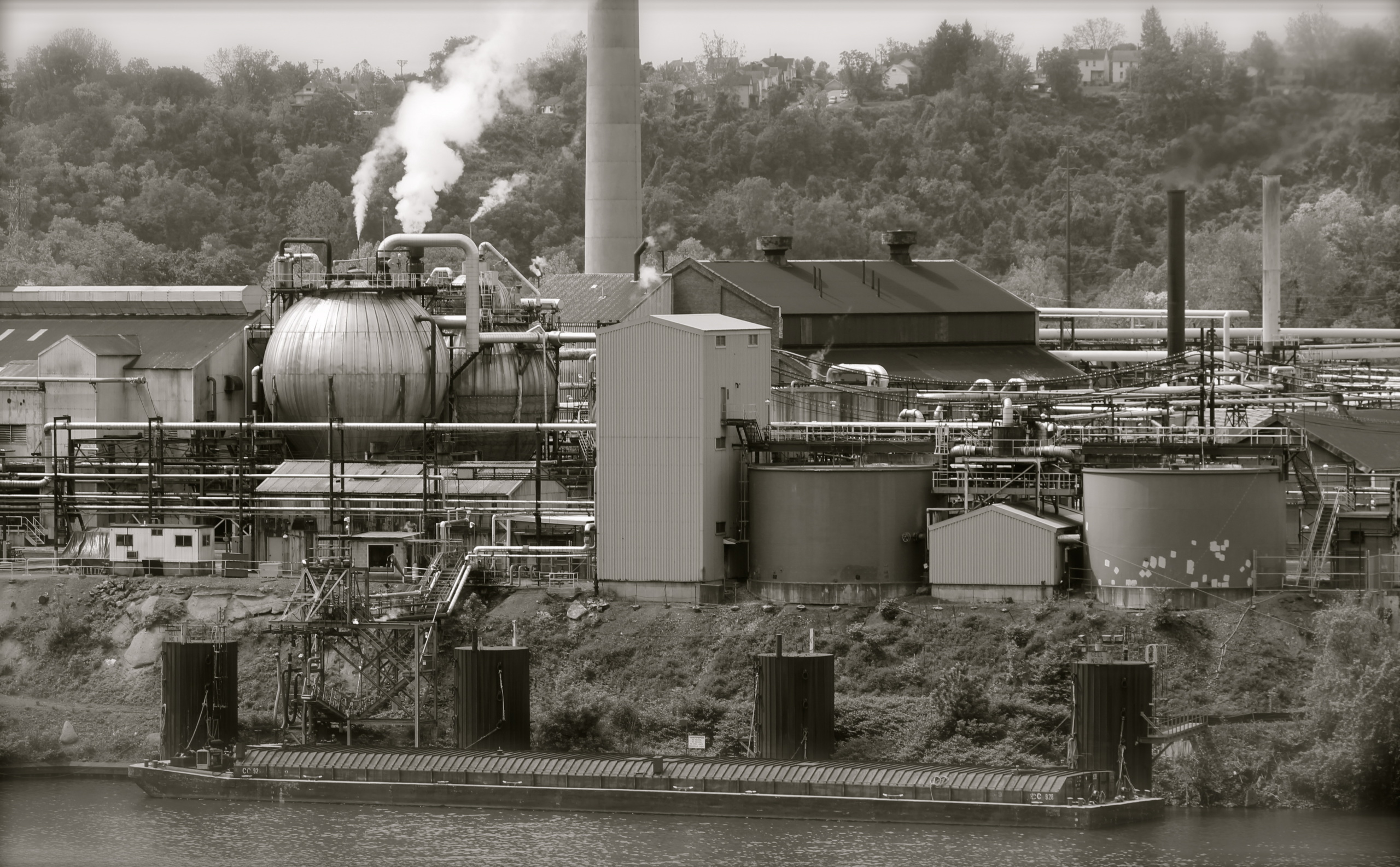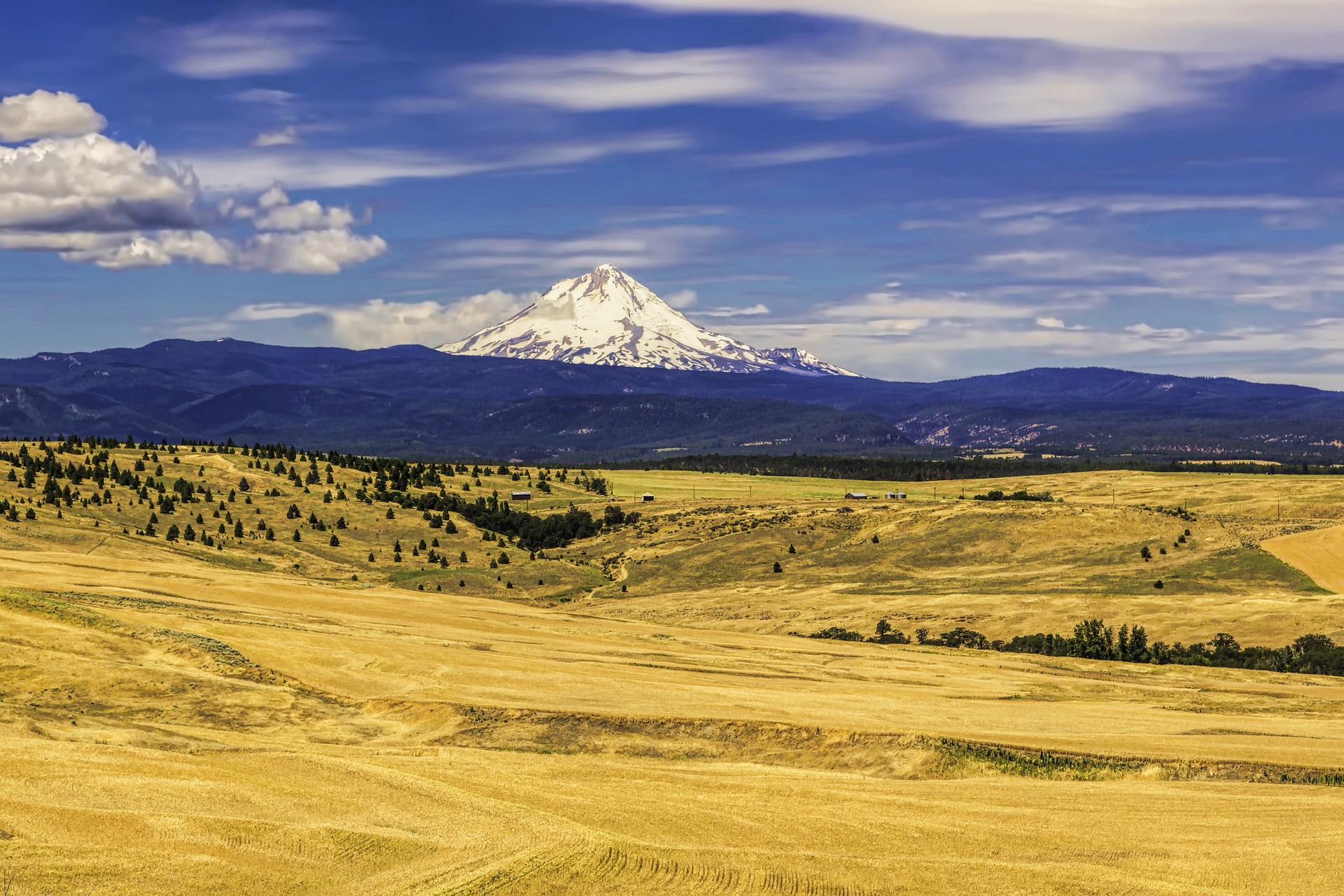
Climate change can no longer be a back burner issue
During this session of the Oregon legislature, we have an opportunity to adopt a cap and trade system to lower our greenhouse gas emissions, invest in our communities and be a leader in tackling climate change. And yet, even in a state like Oregon, even after ten plus years of debating the bill, the prospects of passing a strong climate bill are far from clear.
During this session of the Oregon legislature, we have an opportunity to adopt a cap and trade system to lower our greenhouse gas emissions, invest in our communities and be a leader in tackling climate change. And yet, even in a state like Oregon, even after ten plus years of debating the bill, the prospects of passing a strong climate bill are far from clear.
The politics around the climate bill are, in a word, complicated. But the heart of the problem we are facing— with this climate bill specifically and climate action generally— is even more complicated.
While a solid majority of Americans, both conservative and liberal, now believe that climate change is real, is happening now, and is caused by humans, when it comes to specific actions to address global warming, consensus is often hard to find. That is especially true when the upfront price tag of those actions is tangible, and the long-term costs, while much more substantial, are difficult to fathom.
And yet, for most of Americans, climate change remains a back-burner issue. If we are to meet the challenges posed by global warming, that has to change.
In the past year, the world’s scientists warned that without dramatic action to curb fossil fuel use, catastrophic and irreversible changes to our climate are likely to result. Increasingly, we can see the effects of climate change in our daily lives, including record wildfires, drought and algal blooms threatening the drinking water of our cities and towns.
Those of us who advocate for climate action need to have an honest conversation with Oregonians that acknowledges both the urgency of acting now, and the vast scale of the changes we will need to make as a society.
Forget about spending a few extra bucks on our utility bills every month because of cap and trade; Oregonians need to get used to the idea of shifting our entire economy off of fossil fuels, and doing it within a little more than a generation. We need to envision new ways of living together and doing business. We may have to learn to do without some things we’ve become accustomed to.
But acknowledging the scale and scope of the transition also provides an opportunity to talk about the promise it brings. Imagine a world without diesel fumes, or oil spills, or having to worry about what some despot in an oil-rich country might do next. Imagine getting rid of the energy-intensive things in our lives that don’t make us happy (your morning commute, perhaps). Or imagine what life might be like if we expended less effort acquiring stuff and spent more time together.
Only by acting together will we muster the collective courage and vision to make that leap, and reap the benefits that lie on the other side. And only by framing the challenge appropriately — as not just a civilization-level challenge but also a civilization-transforming opportunity — are we likely to do what it takes to get to the destination.
(adapted from an op-ed written by Frontier Group Policy Analyst, Tony Dutzik, with permission).
Topics
Authors
Celeste Meiffren-Swango
State Director, Environment Oregon
As director of Environment Oregon, Celeste develops and runs campaigns to win real results for Oregon's environment. She has worked on issues ranging from preventing plastic pollution, stopping global warming, defending clean water, and protecting our beautiful places. Celeste's organizing has helped to reduce kids' exposure to lead in drinking water at childcare facilities in Oregon, encourage transportation electrification, ban single-use plastic grocery bags, defend our bedrock environmental laws and more. She is also the author of the children's book, Myrtle the Turtle, empowering kids to prevent plastic pollution. Celeste lives in Portland, Ore., with her husband and two daughters, where they frequently enjoy the bounty of Oregon's natural beauty.
Find Out More

Methane emissions are accelerating climate change — here’s what we can do about it

Cleaner air in Steel City

Environment Oregon’s 2024 program agenda


